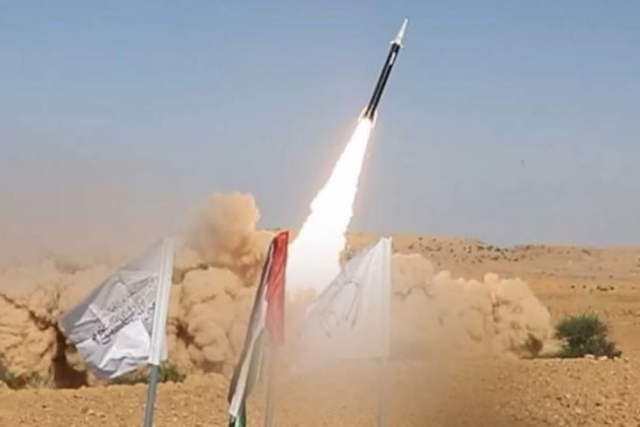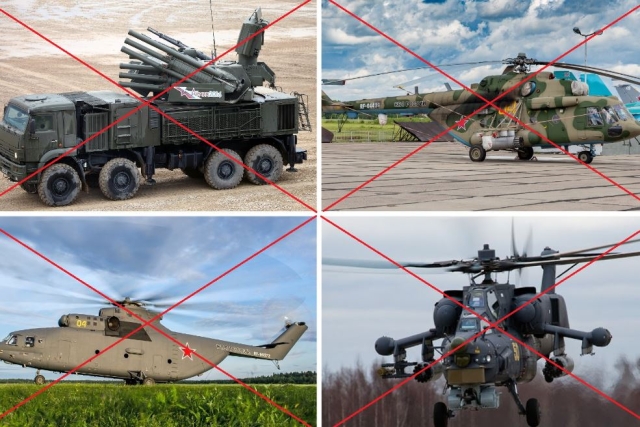Gulf countries over-buying defence hardware over weak Iran threat: Forecast International
Some Gulf Cooperation Council (GCC) countries may be susceptible to over-buying for a certain kind of threat that is not readily apparent, Forecast International said in its latest report on Middle East military spending. Fearing Iran's regional strength the GCC states continue to seek a distinct qualitative military-technological edge over Tehran," Forecast International analyst Dan Darling says. Iran's manpower and missile strengths camouflage some serious weaknesses, such as command-and-control shortcomings, a combat aircraft fleet falling into disrepair and an armored vehicle inventory of questionable capability. Other than its long-range missiles, Iran is limited for now in its ability to project conventional military power across the Gulf.
Though it may lack the modern material seen in most Tier 1 militaries, this is not indicative of reluctance by Iran to improve and expand its weaponry or invest in defense. Tehran spends around $9.3-9.5 billion annually, a trend Forecast expects to continue in the near-term. This level of expenditure places it amongst the five highest defense spenders in the region, behind Saudi Arabia, Israel, Iraq and the UAE. Much of Iran's defense investment goes towards personnel costs, missile programs, upgrading existing platforms and developing indigenous hardware. Because of the myriad threats it faces, Israel continues to place a premium on military funding. Aided by U.S. Foreign Military Financing (FMF) of $3 billion, the country continues to invest in modern jet fighters, its multi-layered anti-missile air-defense network, unmanned aerial vehicles, the Namer heavy infantry fighting vehicle and a slew of other projects. Impending purchases include a new advanced jet trainer and two large missile corvettes. Egypt is also a beneficiary of generous U.S. FMF allotments, receiving about $1.3 billion per year. Forecast expects Egyptian defense spending defense over the next five years to reach around $16 billion, with Israeli spending coming to over $64 billion during that same timeframe.









